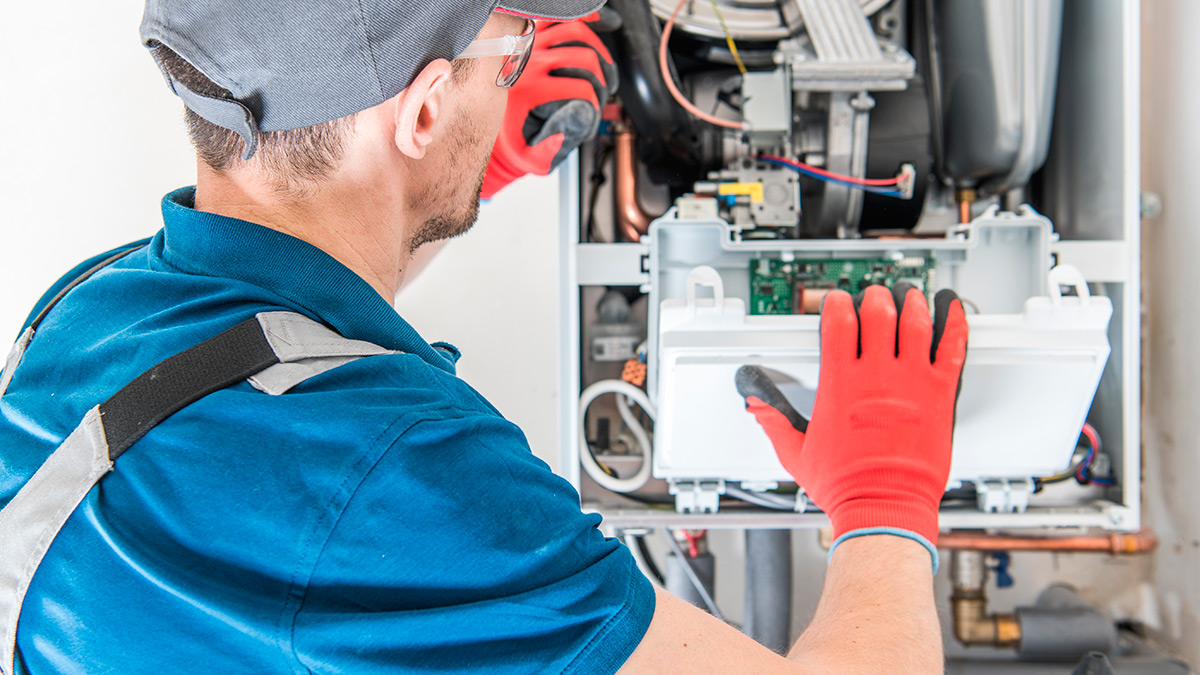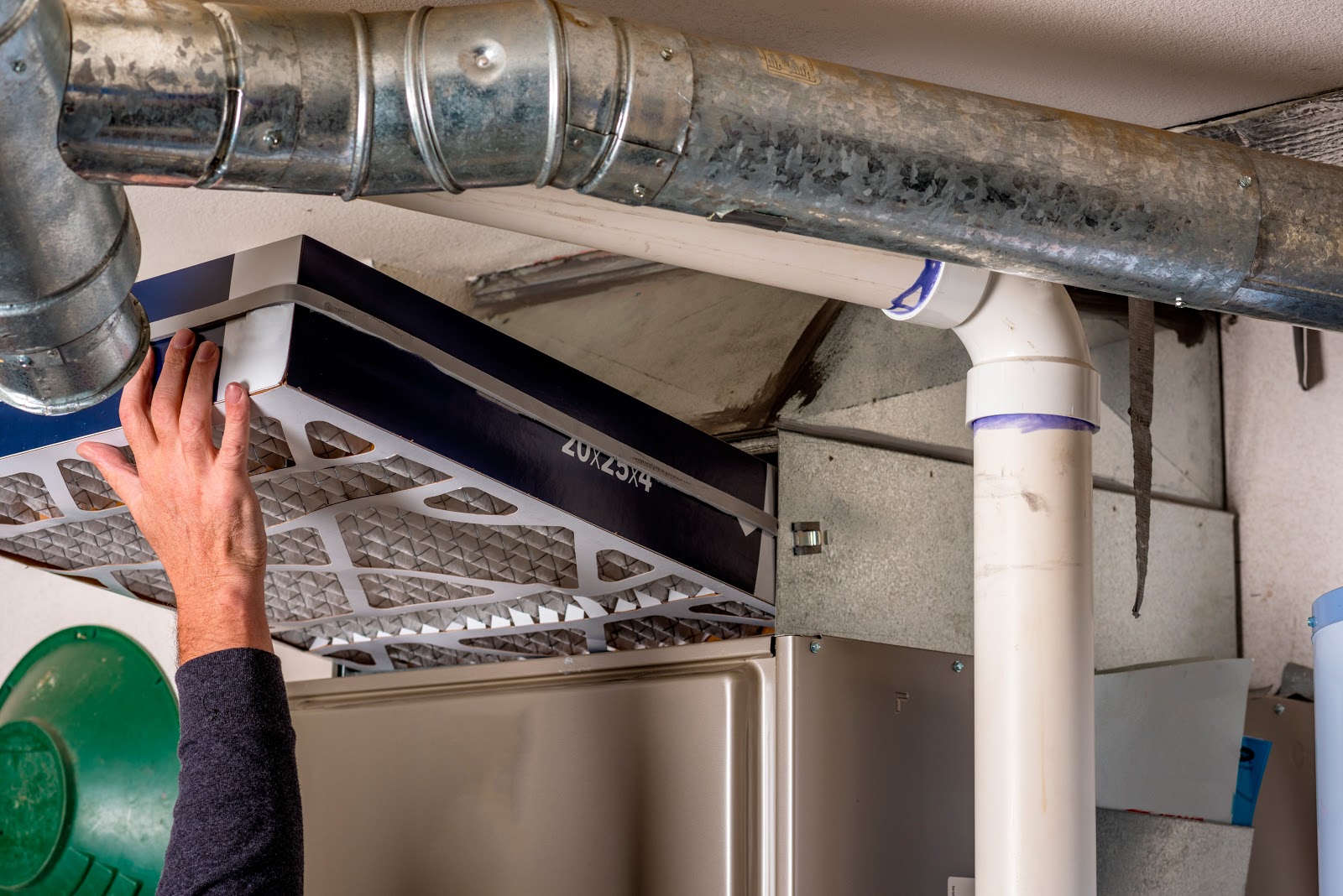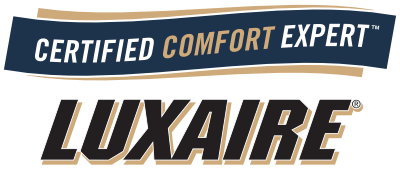
As the seasons change it's important to stay up-to-date on your annual furnace inspection and maintenance needs. Proper furnace inspection can optimize your furnace's efficiency and overall performance, but can also help your overall physical and financial health. In this article, we’ll review the importance that an annual furnace inspection and maintenance can have, along with answers to commonly asked questions.
Are annual furnace inspections necessary?
HVAC contractors recommend getting your furnaces checked every other year, however older furnaces may need more frequent inspections and maintenance. Performing regular furnace maintenance can:
- Improve heating efficiency
- Decrease the likelihood of a costly breakdown
- Improve your overall health
- Save you money on your energy bills
How do I perform a furnace inspection?
Furnace manufacturers recommend annual inspections and maintenance by a qualified HVAC technician, this is due to a safety hazard and warranty coverage. You can perform an eye test and clean out some of the surrounding areas yourself. While you can look for any corrosion, leaks, or blockages, it’s recommended that a professional handle any further inspection to identify harder to detect problems.

What are the steps done during a furnace inspection?
- Removal of the combustion chamber door.
- Inspecting the burner flames.
- Vacuuming the burners.
- Removing the blower.
- Cleaning the blower.
- Changing the furnace filter.
- Cleaning the pilot and flame sensor.
- Cleaning hot surface igniters.
- Putting everything back together.
- Lastly, testing the fan belts.
What does furnace maintenance consist of?
- Checking for blockage and/or leakage.
- Analyzing combustion gases to the unit specifications.
- Checking the fresh air intake grills and louvers for blockage.
- Inspecting for rust and corrosion.
- Checking burners for proper ignition, burner flame and flame sense.
- Checking wiring for corrosion and damage.
- Checking filters.
What happens after my furnace maintenance?
After a HVAC technician has completed the inspection of your furnace, you should receive a report on your system detailing the replacements and repairs that are recommended.

Why do I need a certified HVAC contractor for my furnace maintenance?
The two main reasons include safety and warranty restrictions, this is because gas leaks and improper oil and gas connections can be hazardous. As for the warranty, you may void your warranty if you perform any maintenance yourself.
What are common problems?
- Ductwork loosened due to normal thermal expansion and contraction
- Blower motor bearings in need of lubrication
- Replacing air filter and cleaning of dust from blower fan blades and AC condensing coil
What are less common problems an inspection can help find?
- Loose blower belt
- Improperly firing burners
- Blocked condensate drain
- Loose wiring harnesses
- Slowly leaking coolant from the AC system
How do I know my furnace isn’t working?
If you experience any of the following warning signs you should call a professional HVAC contractor:
- Uncommon noises
- Soot, dust or dander deposits
- Short cycling
- Irregular flame
Need help with a Furnace Inspection or Furnace Maintenance?
Contact us to receive an estimate from a dedicated HVAC contractor such as a nearby Luxaire Comfort Expert who can best advise on inspecting and maintaining your furnace, they’ll recommend the steps to take to help maximize your furnace's lifespan.



